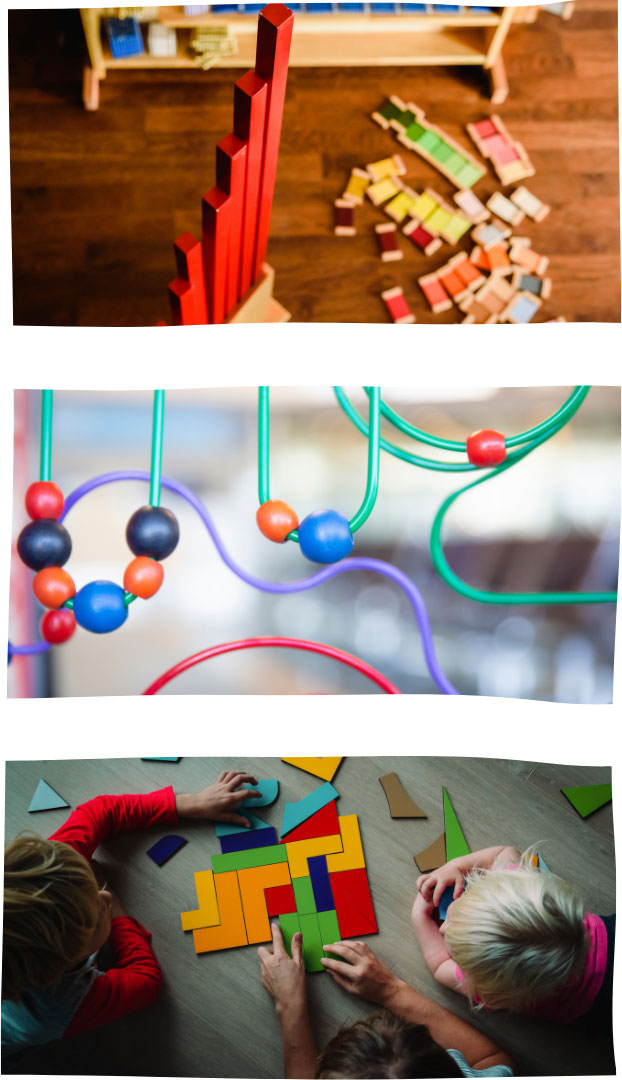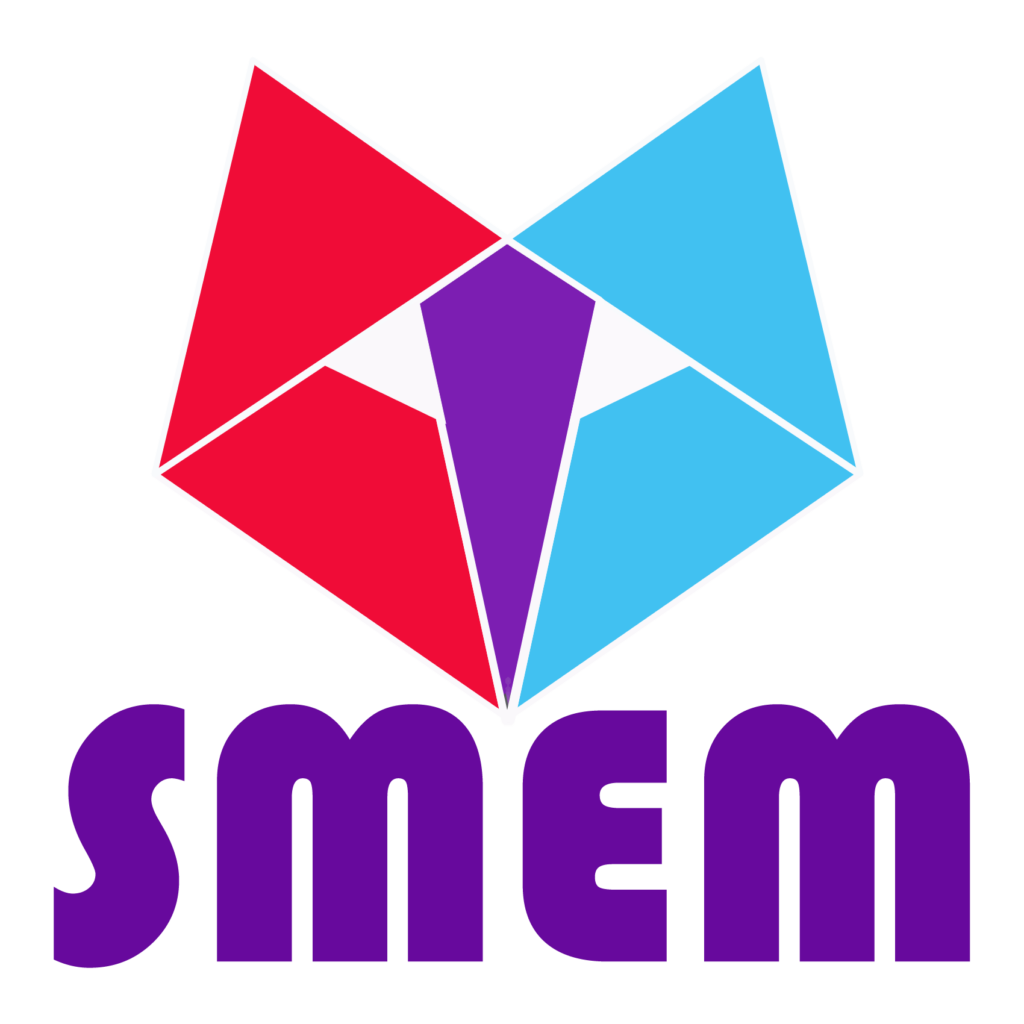Mathematics is a key part of STEAM subjects and one of the main skills needed today and in the future to awaken scientific vocations among young people. Recognizing the importance of attaining a mathematical education early on to sustain current demands for STEM-oriented careers and innovation, the EU has set as a top priority the need to promote and enhance excellence in STEM as well as the development of high-quality early childhood education.
The acronym SMEM used for this project stands for “Significant Mathematics for Early Mathematicians”. The SMEM project has taken on a multidimensional approach that aims to create a new space for innovative teaching methods in mathematics, reduce the gender gap related to STEM-oriented pathways, cultivate a variety of soft and human-centric skills and foster a positive image of mathematics as a subject. The target audience of the project consists mainly of children aged 3-8 years old and their teachers, but it also includes any institution that wants to create an encouraging space for learning mathematics.

The resources developed for this project are based on mathematical museum activities in order to change the current perception of mathematics, especially by developing and strengthening its own language, which is different from the language of the school and scientific popularization. As such, the museum experience offers a diverse package of materials, spaces and actions that cannot be found or recreated under different conditions. The unique combination of museum methodologies and mathematics opens up a new world of endless possibilities for an emerging and joyful learning experience for young children and empowers teachers with a diverse set of tools.
The project results include:
– A Small Hybrid Exhibition and Handbook that will combine online and offline exhibitions through playful and experiential methods to enhance children’s interest and help them develop knowledge and abstract thinking;
– A Didactic Suitcase for Pop-up Exhibitions and User’s Handbook, which will include inexpensive, reproducible and portable non-formal pop-up exhibits that can be used in kindergarten, classrooms as well as in workshops;
– A Digital Educator’s Companion for Workshops that will merge the non-formal methods of PR2 with formal classroom methods, to reconcile the chasm between them and enhance students’ and teachers’ aptitudes in both








